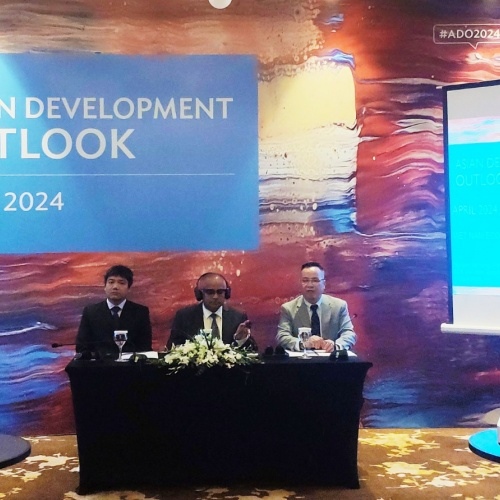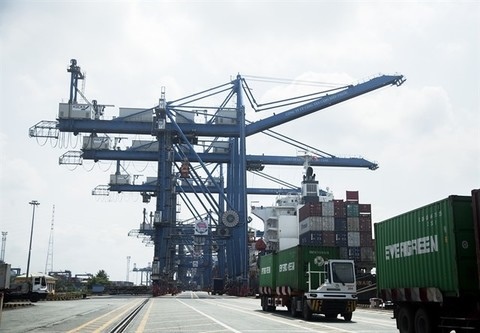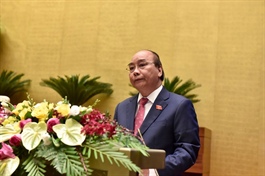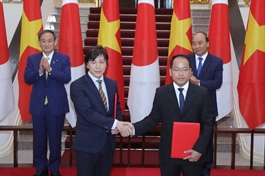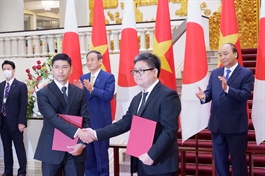Reviewing MNC transfer pricing policy in line with regulations
Reviewing MNC transfer pricing policy in line with regulations
Besides a multitude of temporary supply solutions, multinational corporations (MNCs), especially those operating in China, have considered alternative production bases outside this nation in order to optimise operations as well as tax-related matters in the long run.

By Dinh Mai Hanh - National transfer pricing leader Deloitte Vietnam
|
In parallel with the restructuring of supply chain models, MNCs should have an overall review and assessment of the intragroup transactions of purchasing and selling of goods and services. Most foreign direct investment taxpayers in Vietnam are subsidiaries of a multinational, normally performing simple functions like contract manufacturing activities for the parent company and characterised as limited risk entities.
Nevertheless, such companies should always bear in mind that limited risk is not equal to risk-free, which means that their business results could be affected by unpredicted factors on a global scale like the current pandemic. Most likely, all members of such MNCs may have to share a certain level of the damage incurred by the group depending on the complexity level of the function performed and risk assumed.
Following supply chain restructuring, the next problem to be considered is to review and establish transfer pricing policy and intragroup arrangements to cope up with the sudden changes efficiently and proactively.
Inbound service charges, such as a royalty for use of brands and management support fees, are charged to local limited risk entities under intra-group arrangements.
Although the value of the brand could still be there, in an economic crisis, the brand itself may not help bring as much revenue to the sellers/distributors as it could otherwise have done. Therefore, the percentage of sales for royalty charged by the brand owners could be considered reduced, at least for a short-term. Similarly, the management support fee may be reduced due to less effectiveness and postponed delivery of services by expatriates compared to prior years.
A commercial contract between independent parties always has force majeure terms. All taxpayers are recommended to revisit, together with their legal counsel, such terms in the agreement with the related party providers. The local entities may consider triggering compensation terms due to the pandemic’s impacts, for example postponed delivery of materials for production from foreign related suppliers. Further, legally and technically, penalties for late payment may also need to be taken into account.
In the aftermath of the pandemic, considering measures to support businesses in maintaining and developing production and business activities as well as promoting economic development, the government has officially issued Decree No.68/2020/ND-CP to amend Clause 3 of Article 8 under Decree No.20/2017/ND-CP released in 2017 on prescribing tax administration for enterprises engaged transfer pricing.
Decree 68 took effect from the tax period 2019 and allowed adjustment on corporate income tax return for 2017 and 2018 with respect to the increase of interest expense cap from 20 to 30 per cent of earnings before interest, tax, depreciation and amortisation, using net interest expenses (interest expense after deduction of interest income from bank deposits and lending activities) and carrying forward of non-deductible interest expense in five consecutive years.
Decree 68 is regarded as a remarkable change in line with international practices to ensure consistency on deductible interest expenses on a group-wide basis, which helps to reduce the tax cost burden. This regulation brings great opportunities to MNCs with an investment holding model with extensive borrowing and lending transactions; enterprises with a highly leveraged capital structure and business cycle; and loss-making groups during the startup phase of business.
The enterprise should review and calculate the deductible interest expenses for the 2017-2019 period and the impact of Decree 68 on the financial model structure and business operation in short- and long-term periods to respond, recover, and thrive post-pandemic.
It is expected that most enterprises will record low operating profits or suffer severe losses. Therefore, the enterprise should consider proving that the fluctuation of profits (or even losses) are entirely attributed to the special circumstances of COVID-19 and not due to transfer pricing issues. The enterprise should document the commercial and financial causes of negative performance results in the context of the pandemic such as a decline in demand and idle capacity.
The loss-split model among group members can be considered to apply in the current economic conditions. In addition, enterprises should seek the advice from transfer pricing specialist teams in preparing documentation and supporting evidence in accordance with the regulations in Vietnam.





